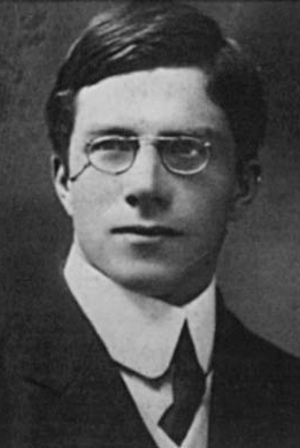Ronald Aylmer Fisher – genetyk i statystyk brytyjski.
Ukończył Gonville and Caius College na Uniwersytecie Cambridge.
Był profesorem eugeniki London School of Economics w latach i profesorem genetyki Uniwersytetu w Cambridge , członkiem Royal Society w Londynie . Anders Hald określił go jako "geniusza, który niemalże sam stworzył podstawy współczesnej statystyki", zaś Richard Dawkins jako "największego ze spadkobierców Darwina".
Ronald Fisher stworzył m.in. statystyczną metodę największej wiarygodności , analizę wariancji oraz liniową analizę dyskryminacyjną.
W latach 1919-1933 opracowywał wyniki doświadczeń prowadzonych w instytucie badań rolniczych w Rothamsted koło Harpenden. Był jednym z twórców nowoczesnej statystyki matematycznej, zajmował się metodami weryfikacji hipotez za pomocą metod statystycznych, m.in. w antropologii, genetyce, ekologii, autor Statistical Methods for Research Workers , Statistical Methods and Scientific Inference .
Wikipedia
✵
17. Luty 1890 – 29. Lipiec 1962
